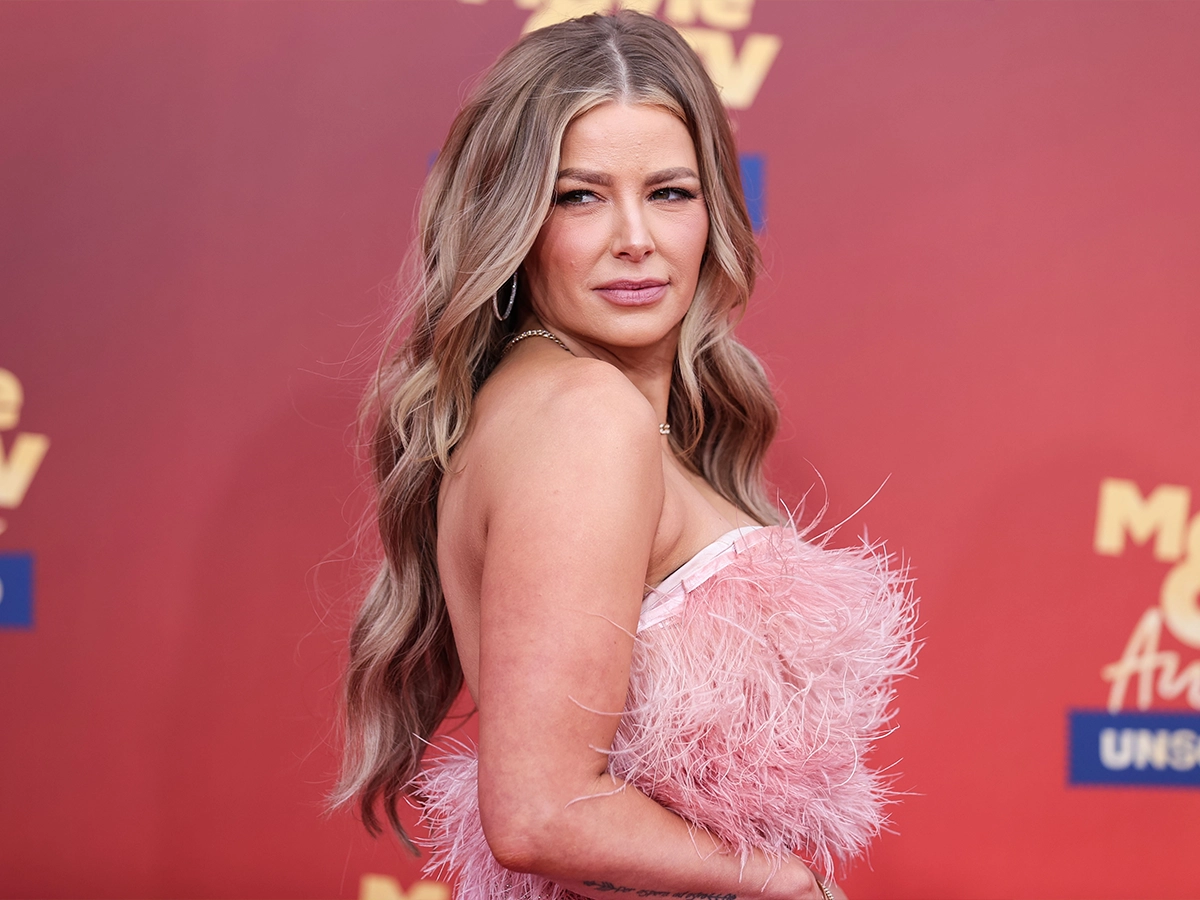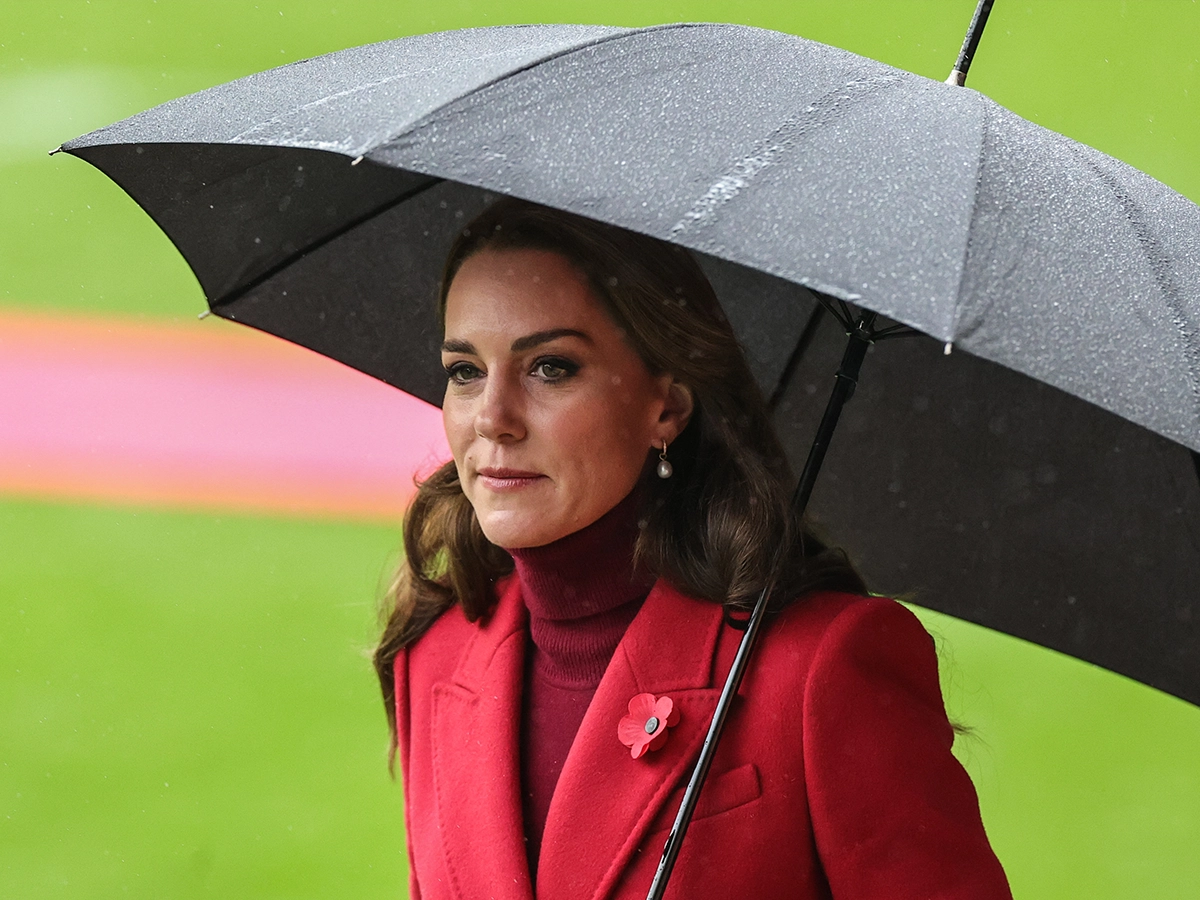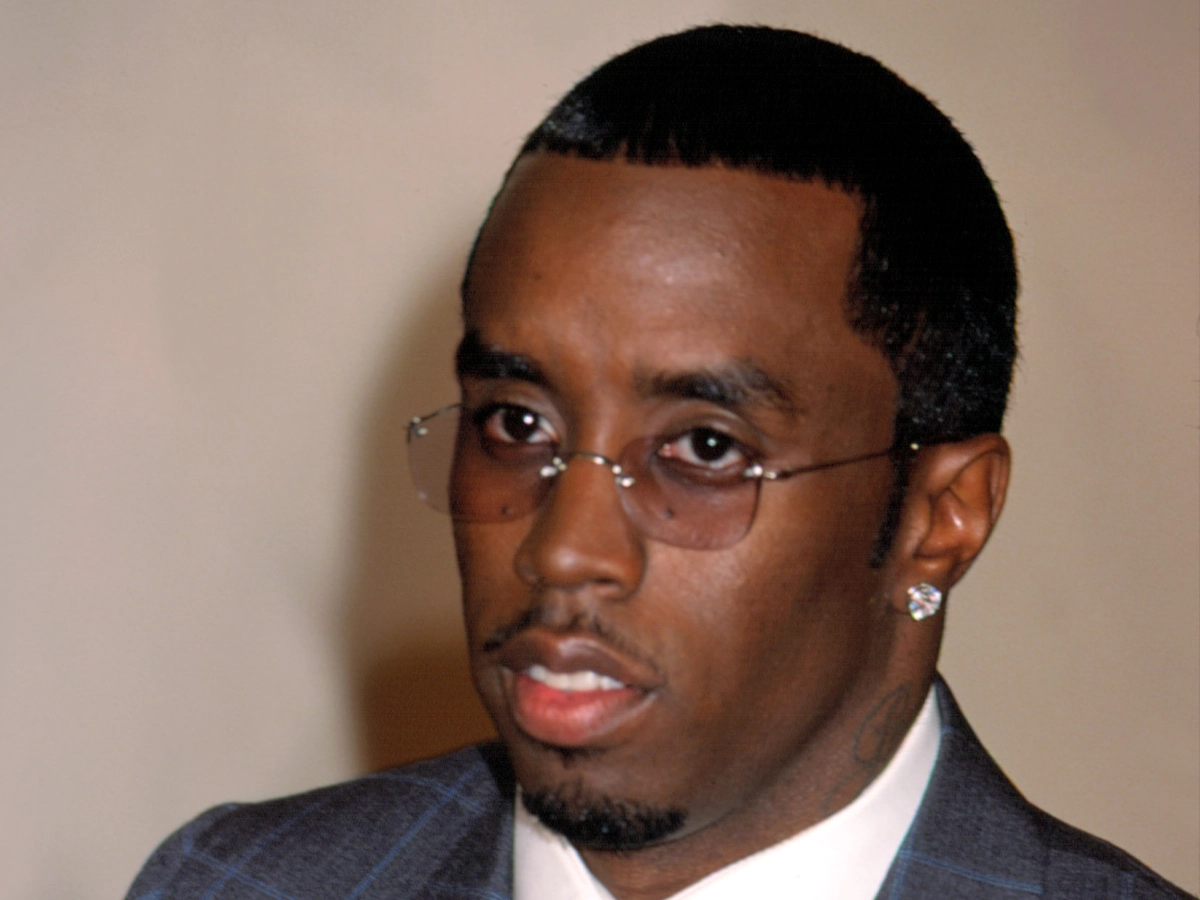Ashton Kutcher and Mila Kunis’ apology for rapists support letter… are they being genuine?

Ashton Kutcher and Mila Kunis’ recent attempt to address the backlash stemming from their letters advocating for leniency in the sentencing of their former That ’70s Show colleague, Danny Masterson, has not been well-received by many who argue that it is impossible to support both victims and defend the perpetrator simultaneously.
Before Masterson received a 30-year-to-life prison sentence following his conviction on two counts of rape in Los Angeles, several of their fellow castmates, including Debra Jo Rupp and Kurtwood Smith, penned letters to the judge in an effort to influence the sentencing. These letters contained statements from Kutcher, portraying Masterson as a “role model” and “remarkably sincere,” and from Kunis, commending his “exceptional character” and “tremendous positive influence.”
In an Instagram video, Kutcher and Kunis attempted to clarify their reasons for writing these letters, stating that they did so at the request of Masterson’s family to provide a character reference based on their 25-year friendship. They underscored that their primary aim was not to cast doubt on the integrity of the legal system or to undermine the jury’s decision. However, many critics argue that their letters effectively did just that by downplaying the severity of the crimes.
Comments on the Instagram video were disabled, but the comment sections on Kutcher’s recent posts were filled with criticism of the letters. Critics argue that it is impossible to reconcile their public support for convicted rapists with their professed commitment to supporting victims of sexual assault.
Masterson’s conviction followed two trials, one of which resulted in a mistrial due to a hung jury in November 2022. In the second trial, Masterson was found guilty of raping two of the three women. All of Masterson’s accusers were affiliated with the Church of Scientology, and prosecutors alleged that the organization played a role in covering up the allegations, a claim that the church has denied.
In response to the controversy, both Kutcher and Kunis resigned from their positions on the board of the anti-child sexual abuse charity, Thorn. Kutcher, who co-founded Thorn, announced his immediate departure as the organization’s chair in a letter posted on Thorn’s website. Kunis stepped down from her role as an observer on the board at the same time.
Critics argue that their continued association with Thorn, an organization dedicated to combating child sexual exploitation globally, would be inappropriate given their support for Masterson. The debate revolves around the notion that it is inconsistent to defend a convicted perpetrator of sexual assault while claiming to stand with victims.
In his letter to Thorn’s board, Kutcher extended his apology, acknowledging that his actions should not overshadow the organization’s mission and the children it serves. He expressed heartfelt apologies to all victims of sexual violence and Thorn’s staff, emphasizing his continued support for Thorn’s work.
Thorn reiterated that Kutcher had made a significant impact on its mission and assured its commitment to the cause of child safety remained unwavering, despite the recent challenges posed by the controversy. However, the issue at the core of this debate remains whether one can genuinely support victims while also defending a perpetrator. Many argue that Kutcher and Kunis’ actions have left this question unanswered.







Have your say